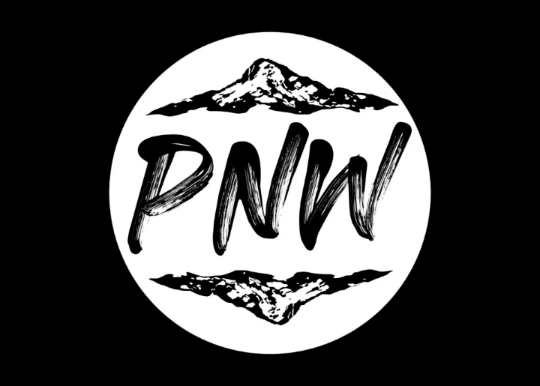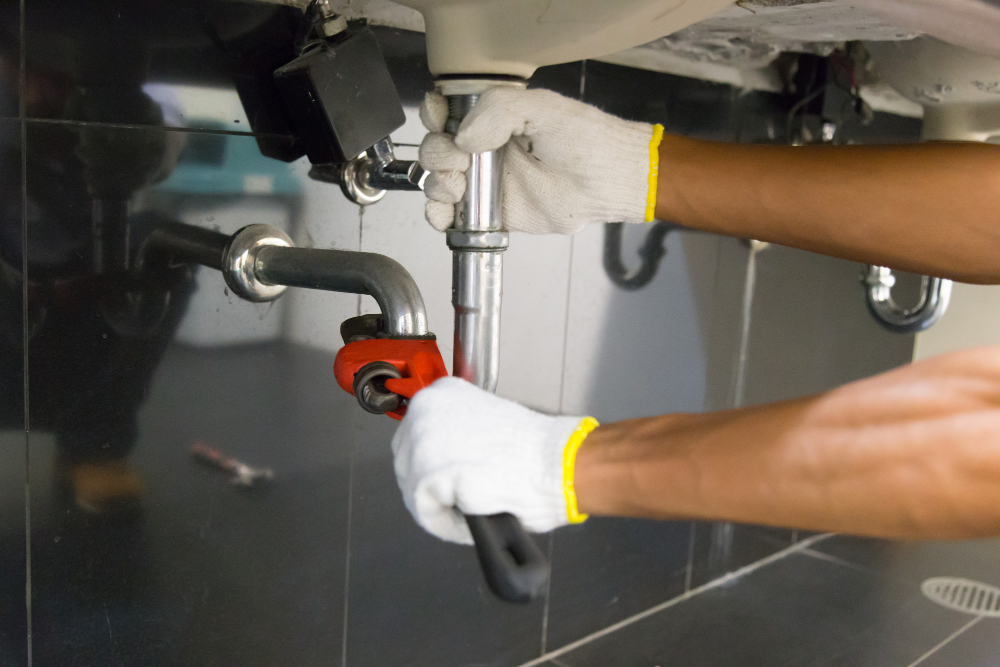Every homeowner should periodically inspect their plumbing pipes to ensure they are current and up to date. By doing so, you can avoid several frequent plumbing issues and costly repairs in the future. In this blog post, we'll go through the key indicators that your plumbing pipes are old and when they should be replaced.
Signs of outdated pipes
Your plumbing system is one of the most critical parts of your home. It's essential that the pipes are in good condition and are not leaking or bursting. To test if your pipes are in good condition, below are a few measures you can take to check the lifespan of your pipes. Other signs that you may need plumbing repairs include low water pressure, strange smells, and loud noise from your faucets/pipes. If you notice any of the signs listed above, it's time to call a professional plumber for a system check. They will be able to tell you if the pipes need to be replaced and recommend the best option for you.
- Discolored water
If tap water appears brown, yellow, or green, sediments, mineral deposits, or rust may flow into your drinking water. Cloudy water may also indicate an excess of air in the pipes. If the city's pipes are faulty, a whole-house water filtration system can filter corrosion, sediment, and other contaminants. However, if the pipes in your home are degrading, you may need to replace them. A plumber can help you understand the issue and develop a solution that best suits your needs. So don't wait - call today!
- Pipes that have corroded
If you're hearing a weird noise from your plumbing pipes and they've been eroding for some time now, it's time to check them out. Corrosion can leak water and gas, putting your home at risk. If the pipes are outdated, you will need to have them replaced as soon as possible to avoid any further damage.
- Marks on the walls or ceiling caused by water
If you notice watermarks on the walls or ceiling, it's likely that your pipes are old and need to be replaced. This can also indicate low water pressure or temperature, which are signs of leakage. Peeling paint, bubbling wallpaper, or discolored areas on the wall or ceiling are all indicators of a leaky roof or plumbing system causing water damage. If you detect any of these indicators, contact a plumber immediately to check the reason.
- Increasing water bills
If you're noticing that your water bills are increasing, it could be because of the age of the pipes in your home. Older plumbing can often rust and corrode, which will then cause water pressure to drop and your bill to go up. If you've been having trouble with leaking pipes or smells from the plumbing system, it might be time to replace them. A plumber can help assess the situation and recommend a course of action that's best for you.
- Low water pressure
Low water pressure is often the result of pipes that are outdated or in need of replacement. If you're experiencing low water pressure, there are a few things that you can do to fix it. For example, you can try adjusting the faucet spray or flow settings or check to see if there's any blockage in the system (like a clog in the pipe). If neither of those solutions works, you may need to call a plumber for help.
When should you replace your plumbing pipes?
Pipes can easily corrode over time, resulting in burst pipes and other plumbing problems. When your water smells unusual or has a bad taste, it's best to have them replaced. You may also want to replace them if you notice any physical damage, such as fractures or rusting. Remember to call an expert when making these decisions so that they can assess the situation and provide recommendations accordingly.
If you're noticing any of the signs listed above, it's time to replace your plumbing pipes. By taking the necessary precautions now, you'll avoid potential damage and ensure a long-term plumbing system that works efficiently.

